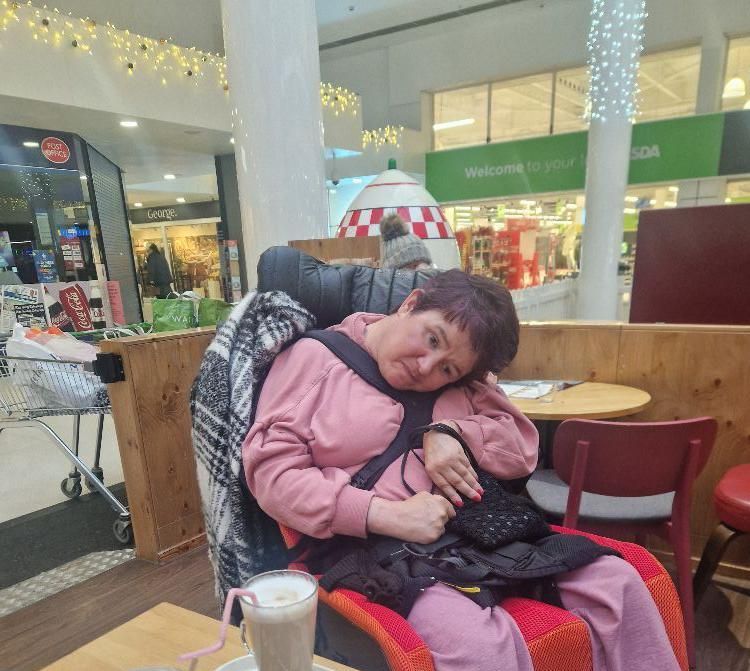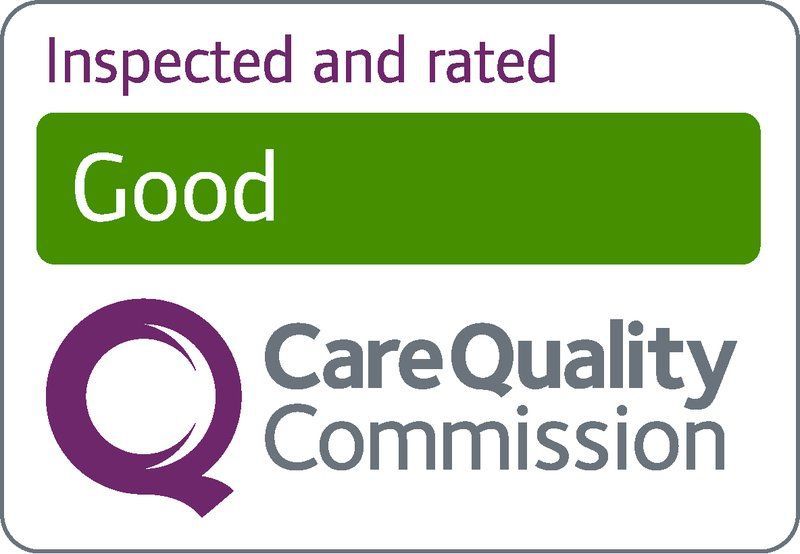Meet Libby: Getting to know our team

Meet Libby, Our Deputy Manager here at Community Care Matters.
At Community Care Matters, we believe in sharing the stories of our incredible team members who dedicate themselves to making a real difference in the lives of others. Today, we’re introducing you to Libby, our inspiring Deputy Manager, whose passion and dedication shine in everything she does.
Libby has been working in care for an impressive 16 years and brings a wealth of experience to her role. When asked about her journey, she shared:
“I’ve been working in care for around 16 years. I really love my job, supporting staff and residents alike. I enjoy how varied my days are, from recruitment of new staff to writing care plans or meeting external stakeholders and health care professionals.”
For Libby, no two days are ever the same, and that’s one of the things she loves most about her role. Whether she’s welcoming new team members, crafting personalised care plans, or collaborating with external partners, her focus is always on creating a positive and supportive environment for both residents and staff.
Empowering Staff Through Training and Development
Libby is especially passionate about helping staff reach their full potential. She says:
“The training prospects available for those staff that want to progress are amazing—there are Diplomas, like the one I’ve just completed, apprenticeships, PEG feeding training, epilepsy training, and so much more.”
At Community Care Matters, we take pride in offering comprehensive training opportunities to our team. Whether someone is starting out in care or looking to advance their career, we provide the tools and support needed to grow.
Making a Difference in Residents’ Lives
When Libby talks about the residents, her genuine love for her work is clear:
“The best bit of my job is making a difference in residents’ lives. It’s wonderful seeing residents come to us who may not have had the standard of care and support we give at Community Care Matters, blossom and grow with us.”
Seeing residents thrive under her team’s care is what motivates Libby every day. It’s not just about meeting needs—it’s about helping individuals flourish, fostering independence, and creating a community where everyone feels valued and supported.
Why Choose Community Care Matters?
Libby’s story is a testament to the incredible work happening every day at Community Care Matters. It’s a place where careers grow, residents thrive, and care goes beyond expectations.
If you’re passionate about making a difference and want to be part of a supportive, forward-thinking team, we’d love to hear from you. With opportunities for career progression, outstanding training, and the chance to change lives, Community Care Matters is more than just a workplace—it’s a community.




